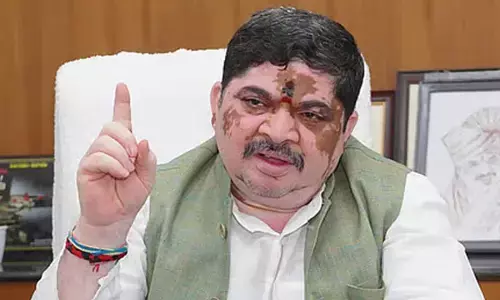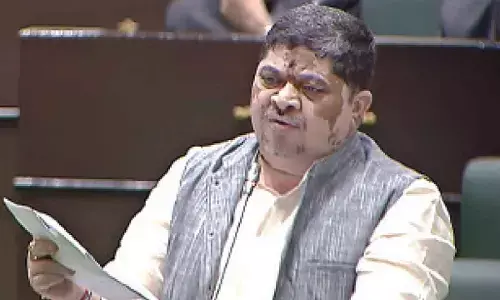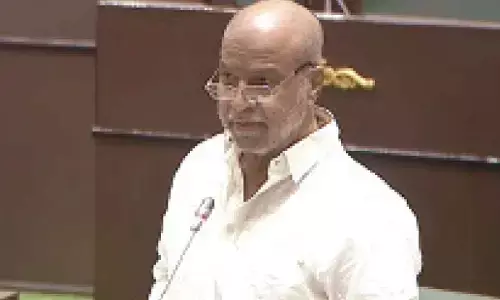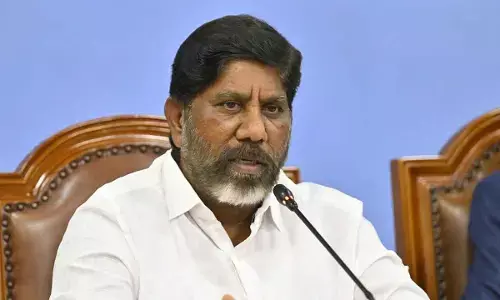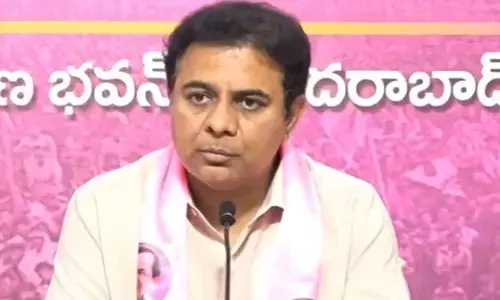Extra detention in jails without any remedy?
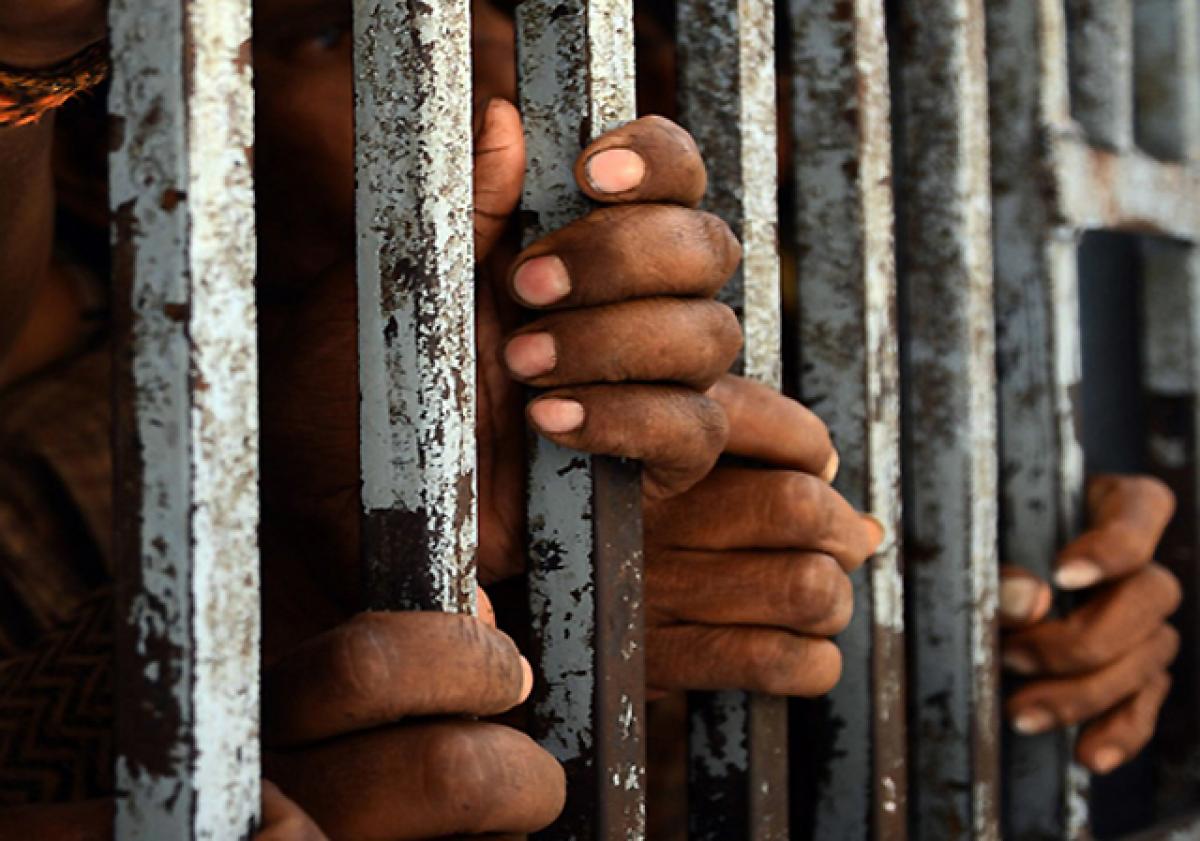
Extra detention in jails without any remedy. Om Prakash Gandhi was sentenced in a cheque bounce case and lodged in Tihar Jail. Being educated and computer-savvy, he was very useful to the office in data entry and other official works.
The ‘excessive detention’ violates right to personal liberty under Article 21, which says: “No person shall be deprived of his life or personal liberty except according to procedure prescribed by law.” Appellant’s personal liberty can be deprived only till the term of imprisonment prescribed by a court of law continues and not even a day beyond. In the absence of internal mechanism, such prisoners will have no other go except to file a writ petition before the constitutional courts or civil or criminal courts seeking remedy for wrongful detention. It is not proper on the part of public authority, first to detain the prisoners beyond the term, not to have any mechanism to receive, hear and provide remedy for excessive detention, and not even give correct information to the prisoner seeking under RTI Act
Om Prakash Gandhi was sentenced in a cheque bounce case and lodged in Tihar Jail. Being educated and computer-savvy, he was very useful to the office in data entry and other official works. He also got appreciation for his assistance. But surprisingly he was not paid due remuneration for his work in spite of a complaint.
.jpg)
With his good conduct and helping nature, he was also given special remission. But, still citing formalities and another case, he was detained for four days more. He filed several complaints and RTI applications. He sought to know whether a prisoner not released after expiry of term would be paid compensation and what action could be taken against officers responsible for excessive detention, etc.
The Jail CPIO explained there was no such incident of detaining prisoner after release of term, if any, and that only the court has to decide remedy as they do not have any policy. Commission was informed that Tihar Jail has no policy to compensate the prisoners for excessive detention beyond period of term, which violates the fundamental right to life and liberty.
I have issued a show-cause notice to the jail authorities to explain why compensation should not be paid to such prisoner, Om Prakash Gandhi, who questioned extra detention in an RTI petition. The CPIO stated that 68 days of remission and 15 days of special remission was granted to appellant.
As per record, another case was pending with convict appellant in Faridabad Court; hence after the confirmation from the Court concerned, he was released on 19.08.2014. He was in prison for 32 days as per the order of the Hon’ble Court of Sh Rakesh Kumar Rampuri, Metropolitan Magistrate, Karkardooma Court Delhi, during the period from 26.11.2013 to 19.08.2014.
Question was why he was kept in jail from 15th to 19th August, 2014? Santosh Kumar, the Warder, stated that Kumar was an under-trial prisoner in another case, and hence he was kept in jail though he was given special remission by Superintendent for 15 days on 15th August itself. The PIO said the prisoner could use complaint box or approach higher officers for grievance redressal or go to court.
It appears the appellant was unnecessarily continued in prison beyond term on the pretext that he was needed in a different case. The officers should have enquired about the other case before the expiration of term. They kept him in jail for some more days on the excuse that there were ‘holidays’ for courts etc. From this, it appears that prisoner was detained beyond the period of term.
The ‘excessive detention’ violates right to personal liberty under Article 21, which says: “No person shall be deprived of his life or personal liberty except according to procedure prescribed by law.” Appellant’s personal liberty can be deprived only till the term of imprisonment prescribed by a court of law continues and not even a day beyond.
Strategically, individuals are arrested during night of Friday so that they would not be in a position to move the court for bail till Monday. Such detention would be absolute violation of Article 21 and it could be both a crime and tort (civil wrong) also. The Supreme Court said in Rudul Shah v State of Bihar, AIR 1983 SC 1086 that “the imprisonment would be unlawful the moment its lawful justification is withdrawn.”
Chief Justice Y V Chandrachud, Justice Amarendranath Sen and Justice Ranganath Misra said regarding compensation for illegal detention:
“Article 21 which guarantees the right to life and liberty will be denuded of its significant content if the power of this Court were limited to passing orders to release from illegal detention. One of the telling ways in which the violation of that right can reasonably be prevented and due compliance with the mandate of Article 21 secured, is to mulct its violators in the payment of monetary compensation.
Administrative sclerosis leading to flagrant infringements of fundamental rights cannot be corrected by any other method open to the judiciary to adopt. The right to compensation is some palliative for the unlawful acts of instrumentalities which act in the name of public interest and which present for their protection the powers of the State as a shield.
If civilization is not to perish in this country as it has perished in some others too well-known to suffer mention, it is necessary to educate ourselves into accepting that, respect for the rights of individuals is the true bastion of democracy. Therefore, the State must repair the damage done by its officers to the petitioner's rights. It may have recourse against those officers.”
In the absence of internal mechanism, such prisoners will have no other go except to file a writ petition before the constitutional courts or civil or criminal courts seeking remedy for wrongful detention. It is not proper on the part of public authority, first to detain the prisoners beyond the term, not to have any mechanism to receive, hear and provide remedy for excessive detention, and not even give correct information to the prisoner seeking under RTI Act.
Public authority has to frame a policy for this purpose and disclose the same under Section 4 (1)(c) of RTI Act, which says: “Publish all relevant facts while formulating important policies or announcing decisions which affect public.” If they do not have a policy, and that affects the public, the public authority should explain why they do not have a policy on such an important issue. They have a duty to frame a policy and disclose the same to the public.
The CIC also directed the respondent authority to consider this RTI application as ‘complaint’ of excessive detention, inquire into the allegation of excessive detention from 15th August to 19 August 2014, fix responsibility on the officer concerned for not releasing him, and give the action taken report within one month from the date of receipt of this order, giving the appellant reasonable opportunity to present his case, also considering the possibility of compensating if the extra-detention beyond the sentence is found.








